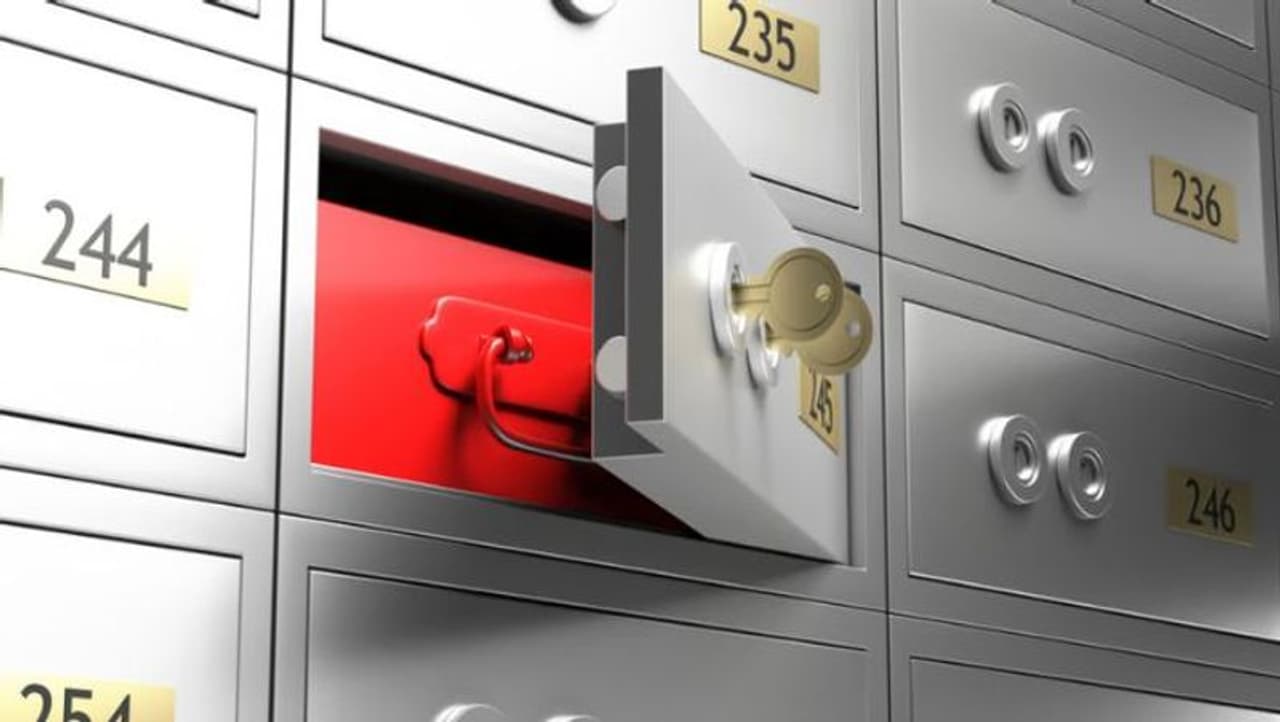Bank locker safety tips: Know these things to protect your valuables
Bank lockers, while considered a safe haven for valuables, are not entirely risk-free. Customers should be aware that banks are not liable for the contents of the locker. This article provides essential information about bank locker rules, safety features, risks, and precautions to take. Your guide to using bank lockers safely.

Bank Locker Rules
Currently, public trust in banks has increased. Generally, people think that there is no problem if they keep money in a bank account. But people turn to banks to protect valuables and documents. With the aim of keeping gold, property documents, etc. in lockers in banks. In this situation, it is imperative that bank customers are aware of the precautionary measures to be taken in bank locker management.

Bank Locker
Banks do not provide bank lockers to everyone. To get lockers in banks, customers have to follow certain rules. A bank locker is a safe place to store jewelry, important documents, and other valuables. Most banks offer lockers to their customers. But their availability varies. Experts recommend choosing a bank where you already have an account.
RBI Rules
It is known to provide the best service near your home. Most banks require customers to open a savings or current account first. Additionally, they must provide proof of identity, address such as PAN or Aadhaar card, and recent passport size photographs. After the locker is allotted, a separate key is given to the customer. But the bank keeps the master key.
Bank Locker
Banks generally require a refundable security deposit in the form of a fixed deposit or cash to allocate a locker. The bank will provide a document outlining the terms and conditions for using the locker. Both parties must sign this legal agreement. Lockers are available in different sizes. Allocation is subject to availability. There may be a waiting period in some cases.
Personal Finance
The cost of renting a locker depends on the location of the bank branch and the size of the locker. An additional fee will be charged for exceeding the allowed locker visits. Bank lockers are generally considered safe, but experts say they are not entirely risk-free. Most banks have clarified that they are not responsible for the contents of the locker. As a result, it is good to insure valuables.
3% increase when do you know? 7th Pay Commission update flew in.. Check it out!
Find the latest Technology News covering Smartphone Updates, AI (Artificial Intelligence) breakthroughs, and innovations in space exploration. Stay updated on gadgets, apps, and digital trends with expert reviews, product comparisons, and tech insights. Download the Asianet News Official App for everything shaping the future of technology.